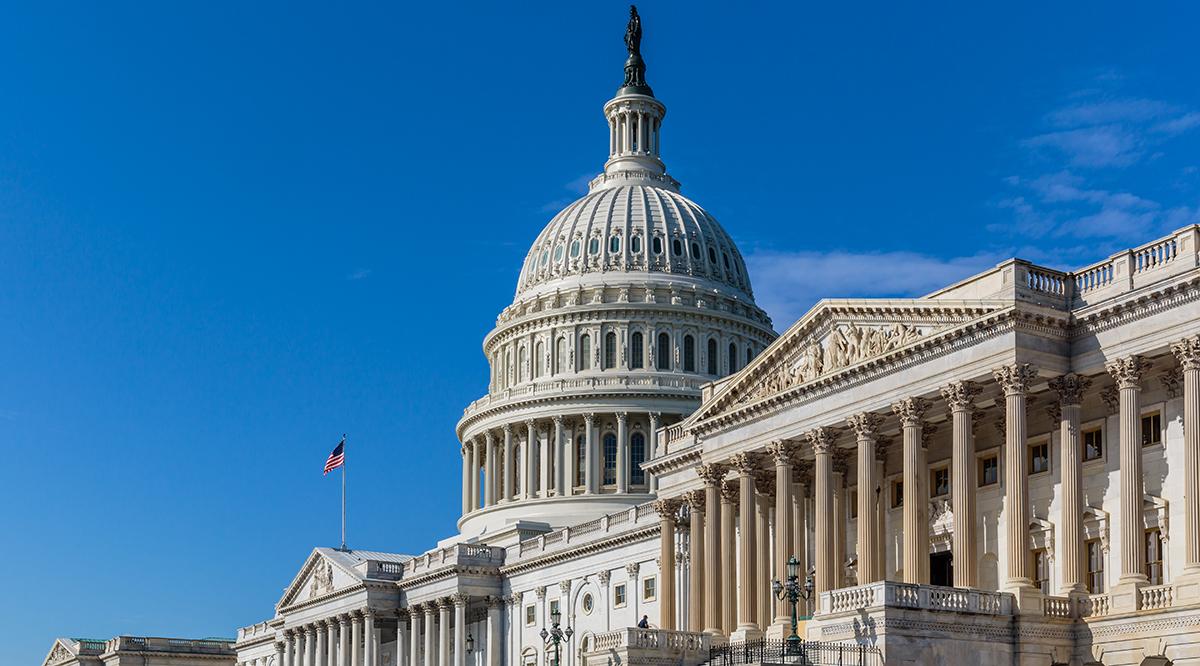Reps. Terri Sewell (D-Ala.) and Brian Fitzpatrick (R-Pa.) today introduced the Resident Physician Shortage Reduction Act of 2023. This bipartisan legislation would gradually expand the number of Medicare-supported medical residency positions by 14,000 over seven years. The AAMC (Association of American Medical Colleges) enthusiastically endorses this legislation as a key strategy to address the growing physician shortage and improve access to care nationwide.
According to AAMC data, the United States faces a projected physician shortage of up to 124,000 physicians by 2034, with demand for physicians outpacing supply. The nation’s demographics—particularly population growth and aging—serve as the primary driver of increasing demand for physician services. As the population continues to age and requires more medical care, it is critical to ensure there are enough physicians to care for those who need physician services. In addition, as a large portion of the physician workforce nears traditional retirement age, there is a critical need to educate and train more physicians to ensure there are enough physicians to care for patients across all communities in the future.
“The residency positions in the Resident Physician Shortage Reduction Act are a critical step in working to address the nation’s dire physician shortage. We thank Reps. Sewell and Fitzpatrick for their dedication to ensuring access to high-quality health care for all by expanding critical investments in physician training,” said AAMC President and CEO David J. Skorton, MD. “By strategically targeting these new medical residency positions at a wide variety of teaching hospitals, we are also strengthening and diversifying the health care workforce and improving critical access to care for patients, families, and communities across the country. The AAMC remains committed to working with Congress to advance this vitally important piece of legislation that will help alleviate the doctor shortage and improve the health of people everywhere.”
The nation’s medical schools and teaching hospitals—known as academic medicine—continue to invest in medical education and training for physicians and health care providers and innovate in health care delivery and value-based care to improve access to high quality care. Despite these efforts, doctor shortages and lack of access will continue to pose serious threats to the nation’s health and well-being unless the physician workforce is able to sufficiently grow with federal support.
“The past three years have added serious strains on this workforce,” said Skorton. “This legislation will serve as a key step to address the physician shortage and allow academic medical institutions to expand the number of health care workers equipped to treat a growing, aging population across the country.”
